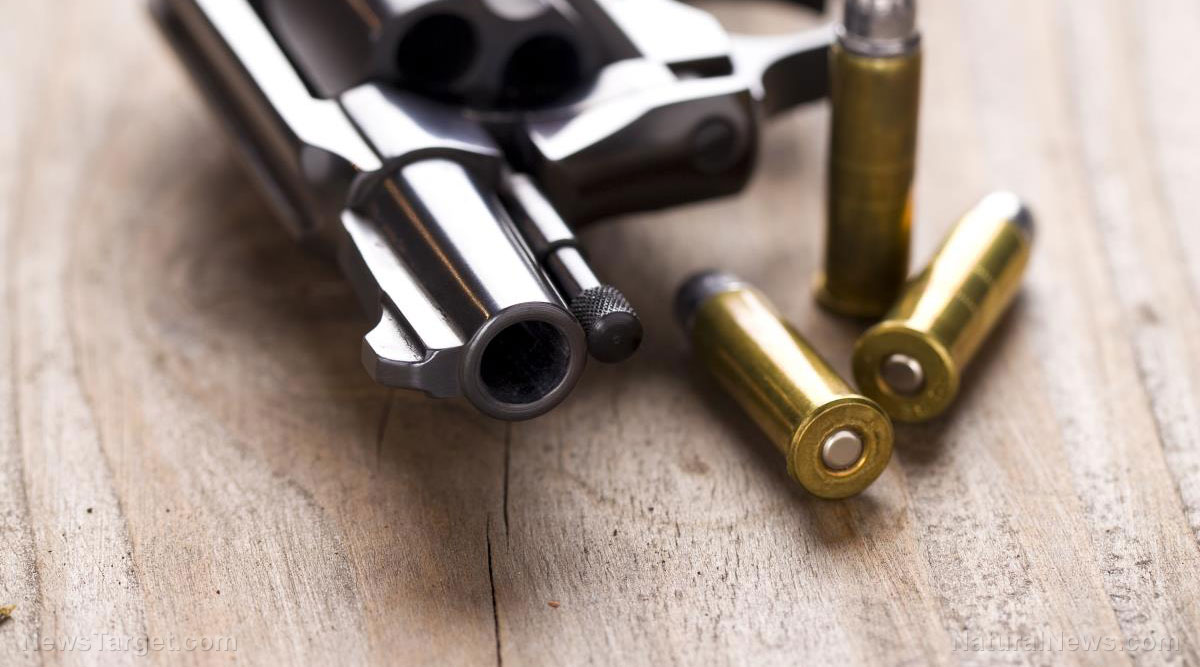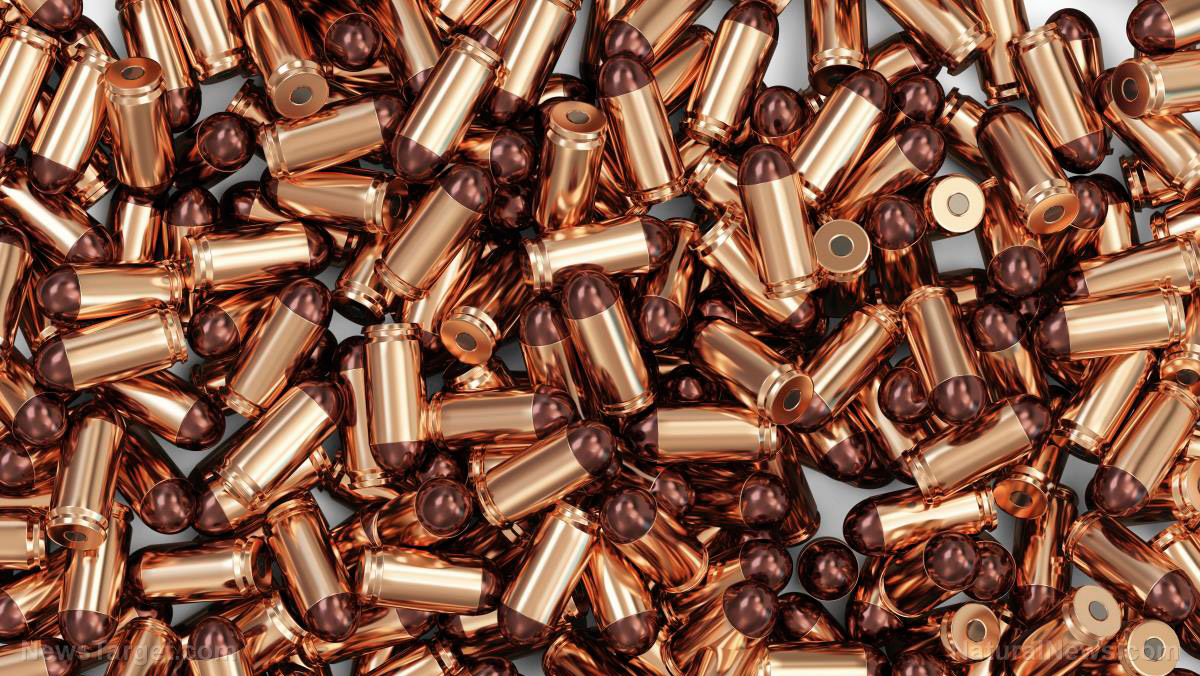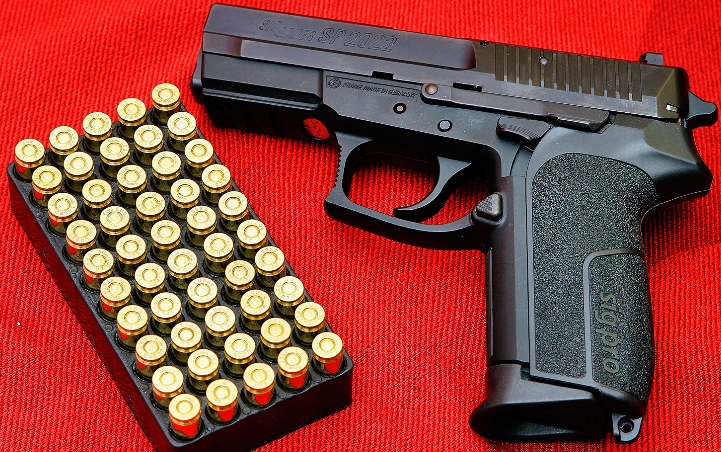
Whether you’re a prepper or just someone looking to purchase a firearm for self-defense, one of the biggest factors that must be taken into account when buying a handgun is the type of ammunition that you want to use with it. While there is and will continue to be much debate over the best and most effective kinds of handgun ammunition, Chad Nabors of SurvivalSullivan.com recently attempted to set the record straight in an article titled “Selecting Defensive Handgun Ammunition – An Analysis of Performance Criteria.”
If the goal is to get ammunition that will be most effective when it comes to taking down an attacker, the size and the weight of the bullet must be taken into account. While heavier and wider bullets will do more damage and perform better when shooting through solid barriers, the downside is that using larger cartridges results in more recoil and a lower capacity. Depth of penetration is key, though – in order for a bullet to take down a human being, it must be able to penetrate to a depth of, at a minimum, 10 to 12 inches. Anything less than that, and it’s not as likely that the vital targets in the body will be hit. (Related: Here’s how to properly defend your bugout location and stay safe when SHTF.)
While handgun bullets only consistently cause damage from the “crush mechanism” (whereby tissue is destroyed as the bullet tears through the body), rifle bullets are a bit different, in that they typically have a fragmentation effect upon penetration. This means that multiple fragments of the bullet will actually break off as it travels through the cavity, creating several mini cavities and causing severe and perhaps permanent tissue damage. Handgun bullets, on the contrary, usually lack the velocity needed to have this dramatic fragmentation effect, and the result is typically a smaller permanent cavity. (Related: Here are five everyday items that you can use to protect yourself in a dangerous situation.)
According to Nabors, this is exactly the reason why “one should completely ignore the use of any specialty handgun round promising an ‘explosive’ effect from either pre-fragmentation or from a filling in the bullet of small shot or BB’s. These bullets are hideously overpriced, and all feature very shallow penetration.”
In terms of which type of handgun ammunition would be an ideal choice, Nabors wrote in his article, “It is the current opinion of the FBI and the most experienced professional trainers (including the author) that the 9mm Para. is the current ideal cartridge for self defense, owing to its combination of capacity, light recoil and more than adequate terminal effectiveness when coupled with modern ammunition. Its low cost of ammo makes for more plentiful practice, while its light recoil lends itself to both quicker follow-up shots and less fatigue.”
But what about the handgun itself? Which types are the best and most effective for self-defense, whether it’s for everyday life or a SHTF scenario? GunsAmerica.com compiled a list of the top five handguns that you should consider getting your hands on to protect yourself and your family. They include the Glock 17, the Glock 19, the Smith & Wesson M&P 9, the Springfield Armory XD-40, and the SIG Sauer P226. Of course, this is just one list out of thousands, and preferences in handguns vary from person to person. Be sure to do an extensive amount of research and test out a few different firearms to make sure that it’s a right fit for you before you go ahead and finalize your purchase.
Sources include:
Please contact us for more information.





















